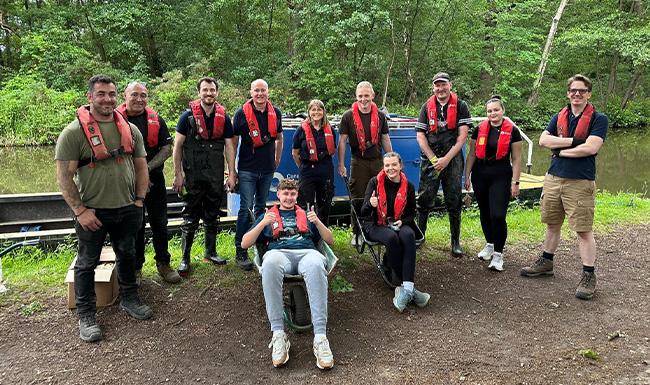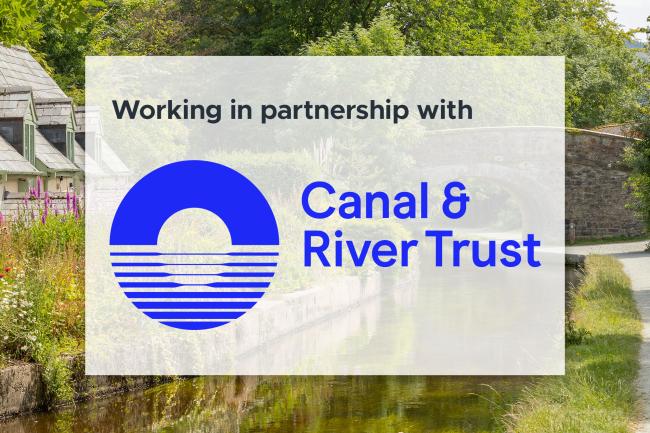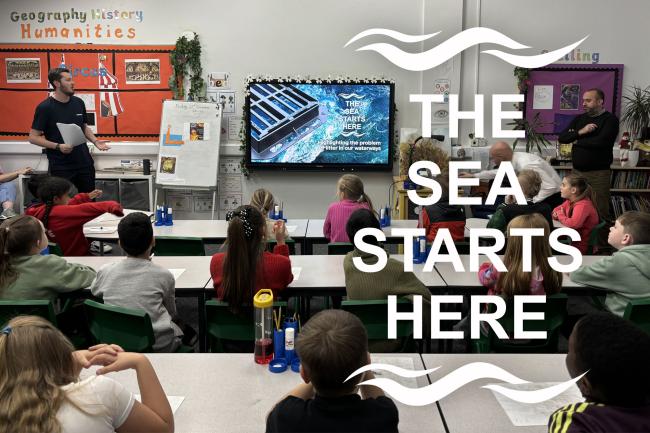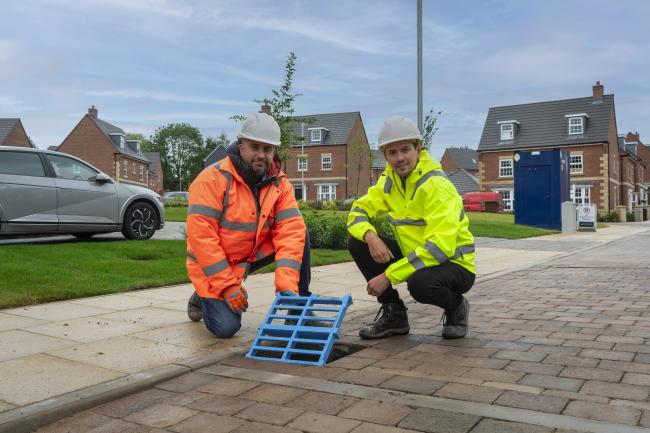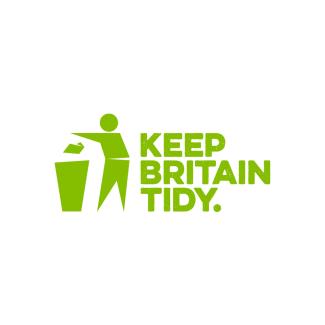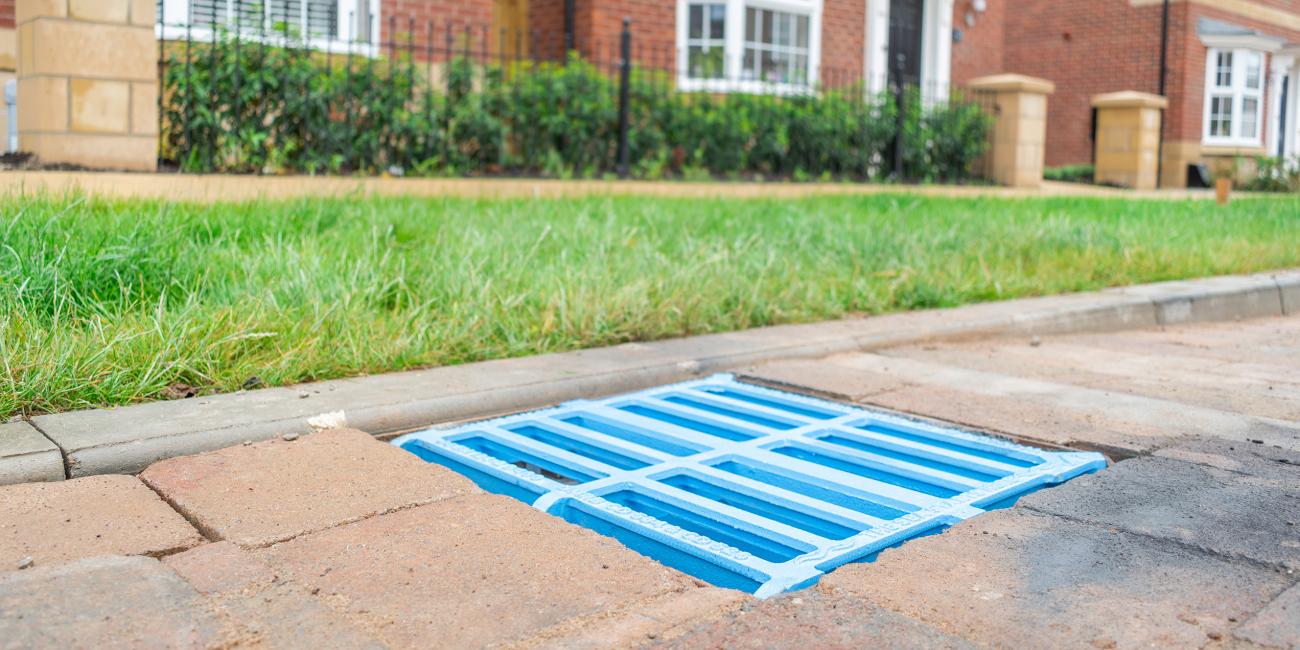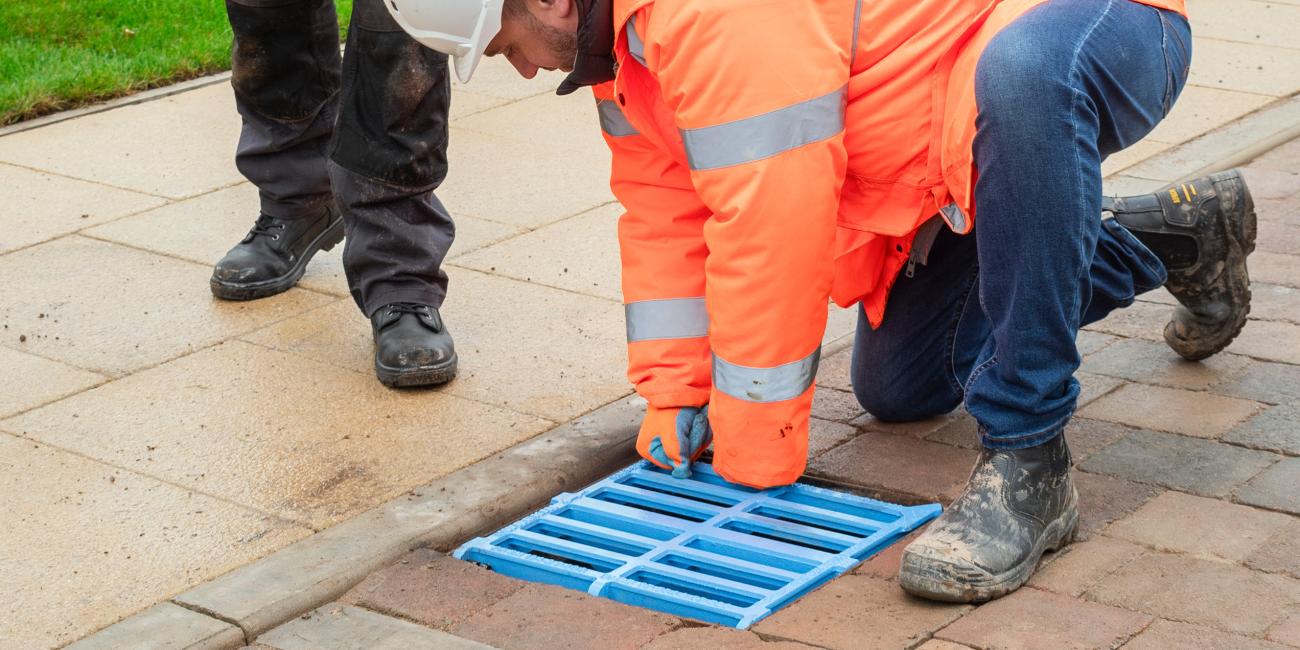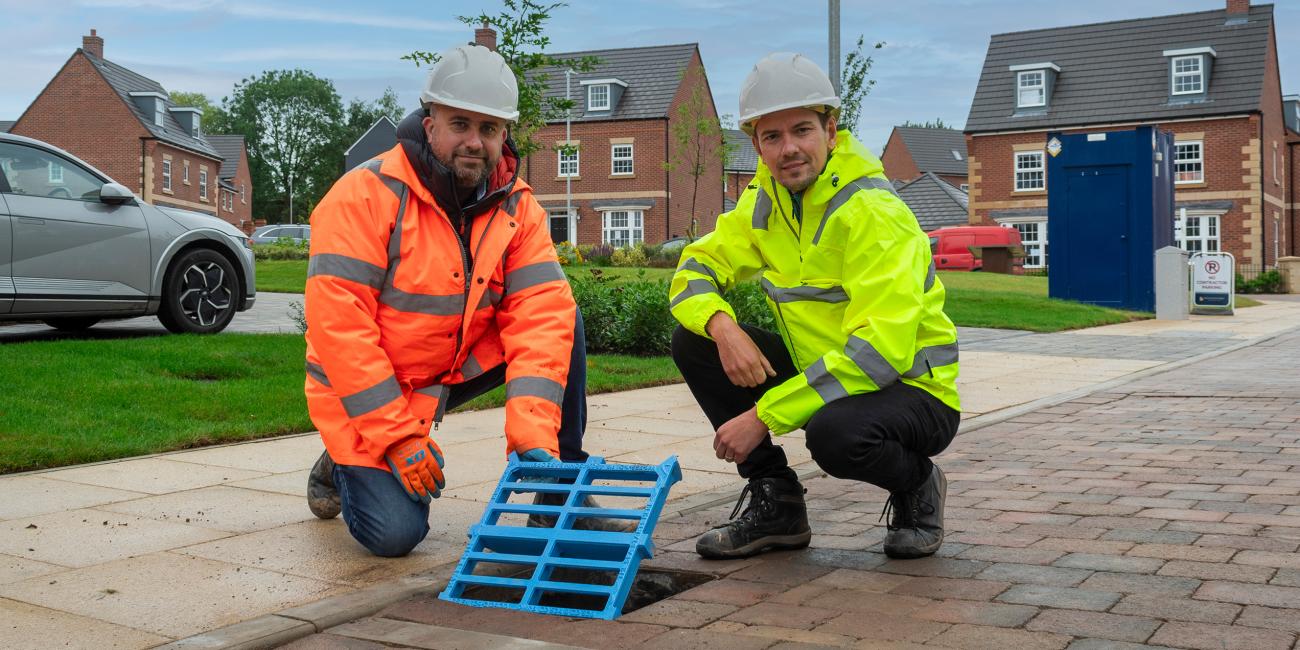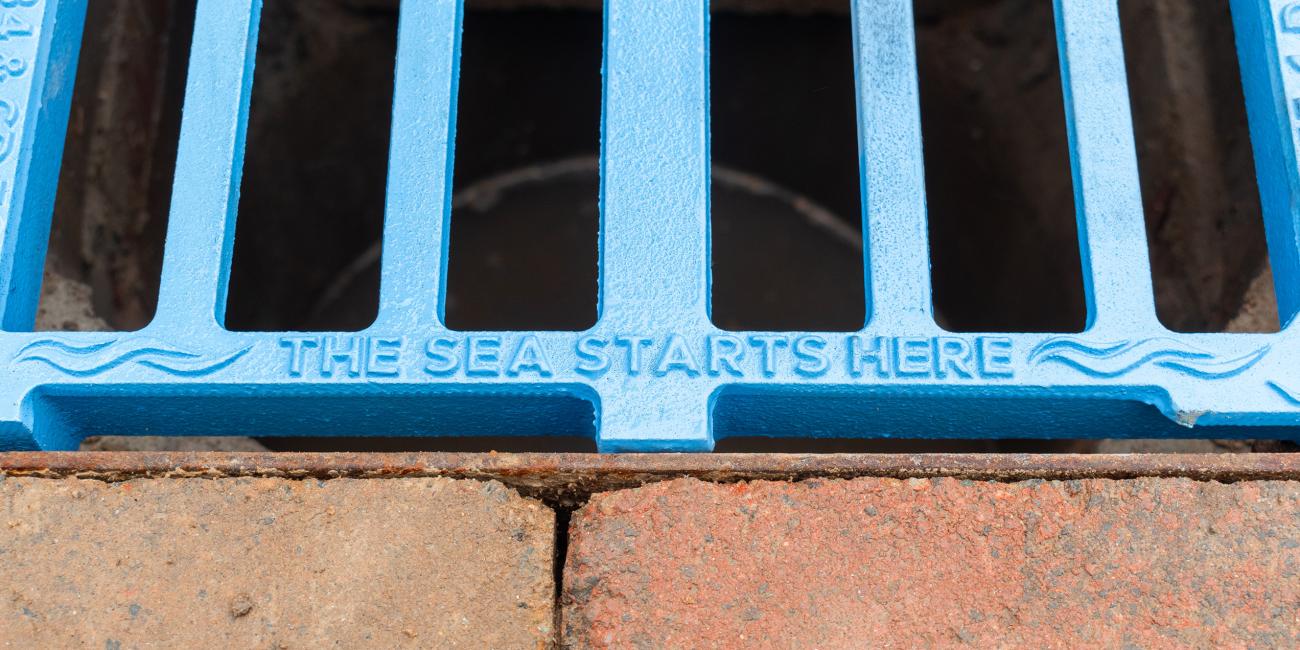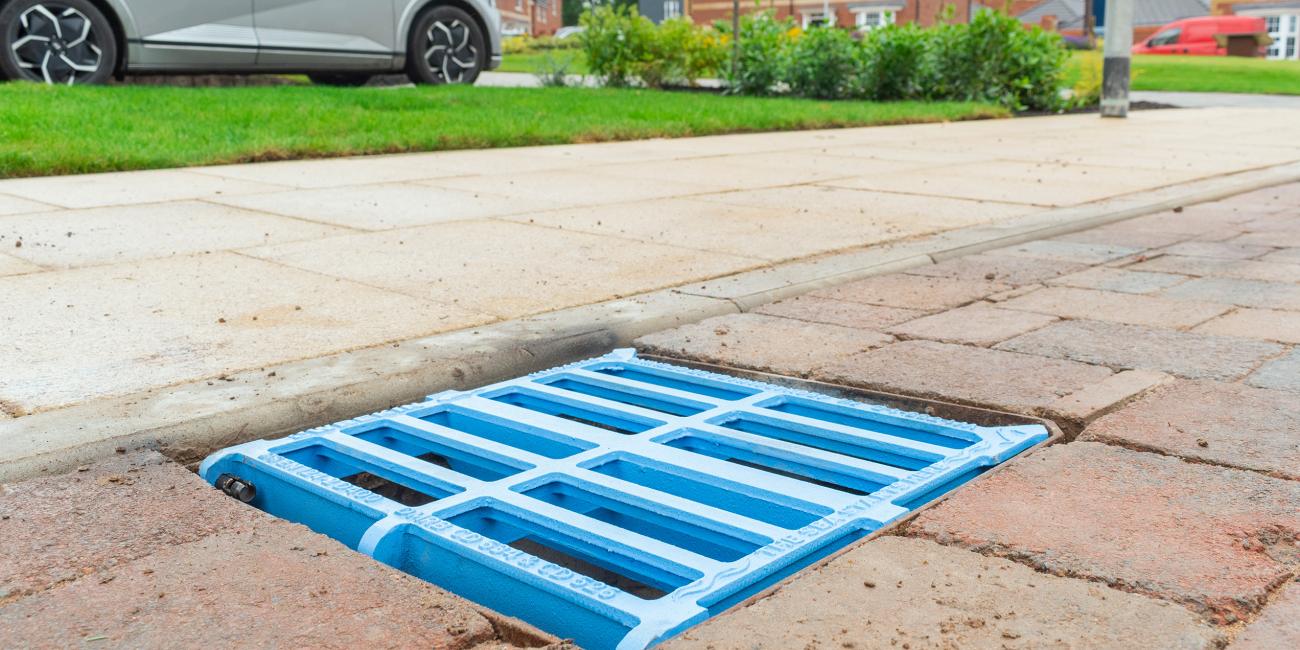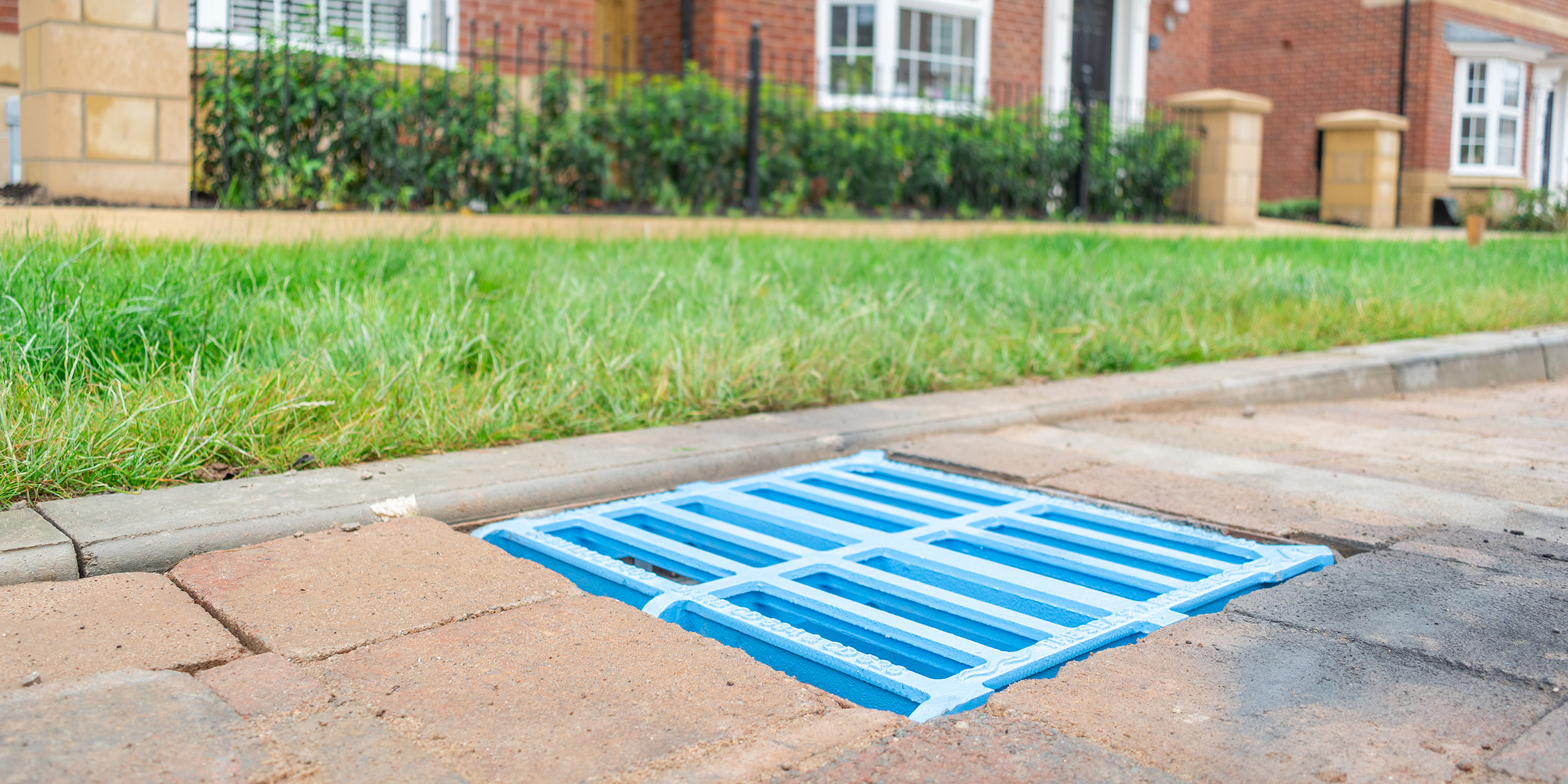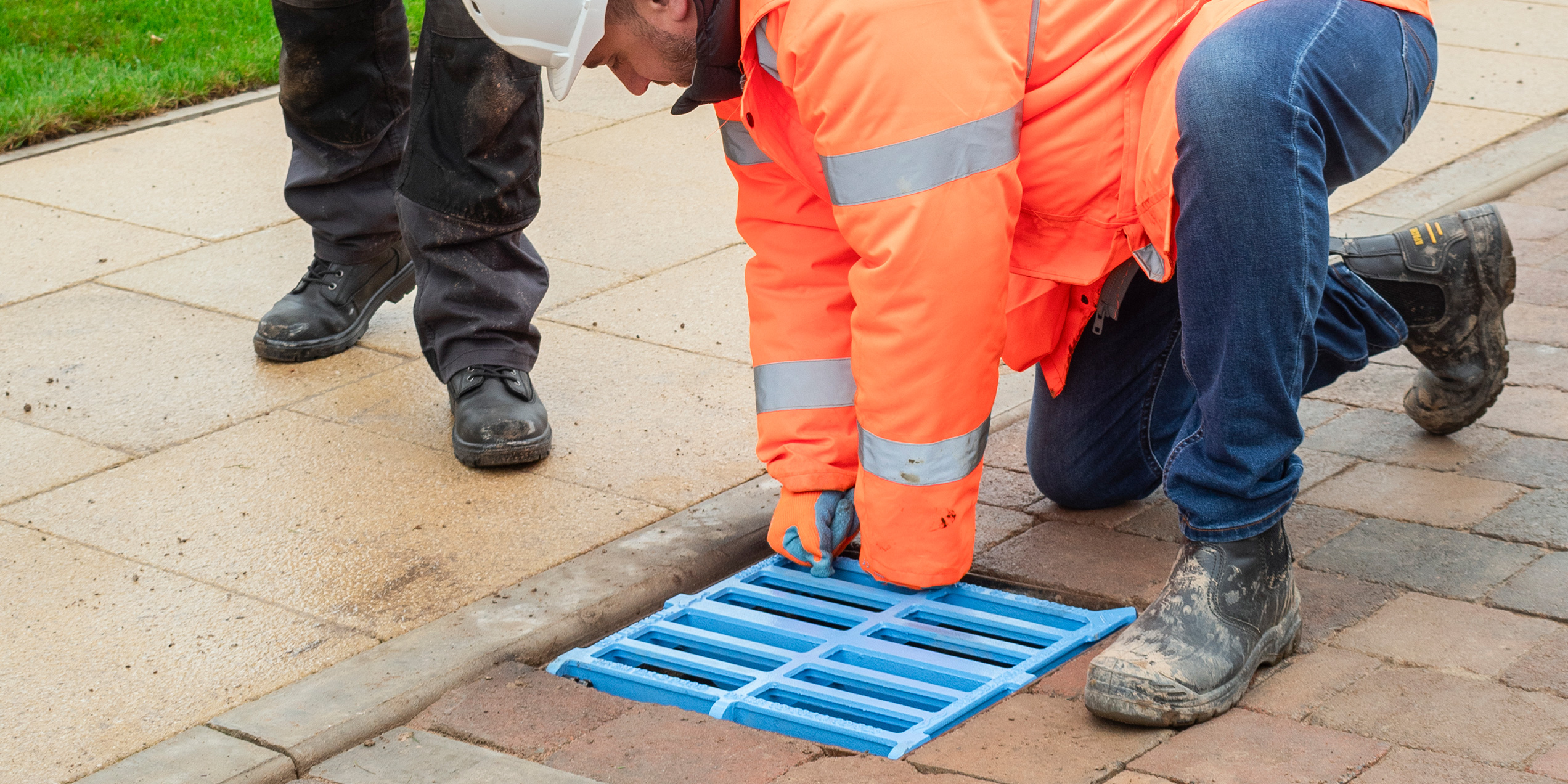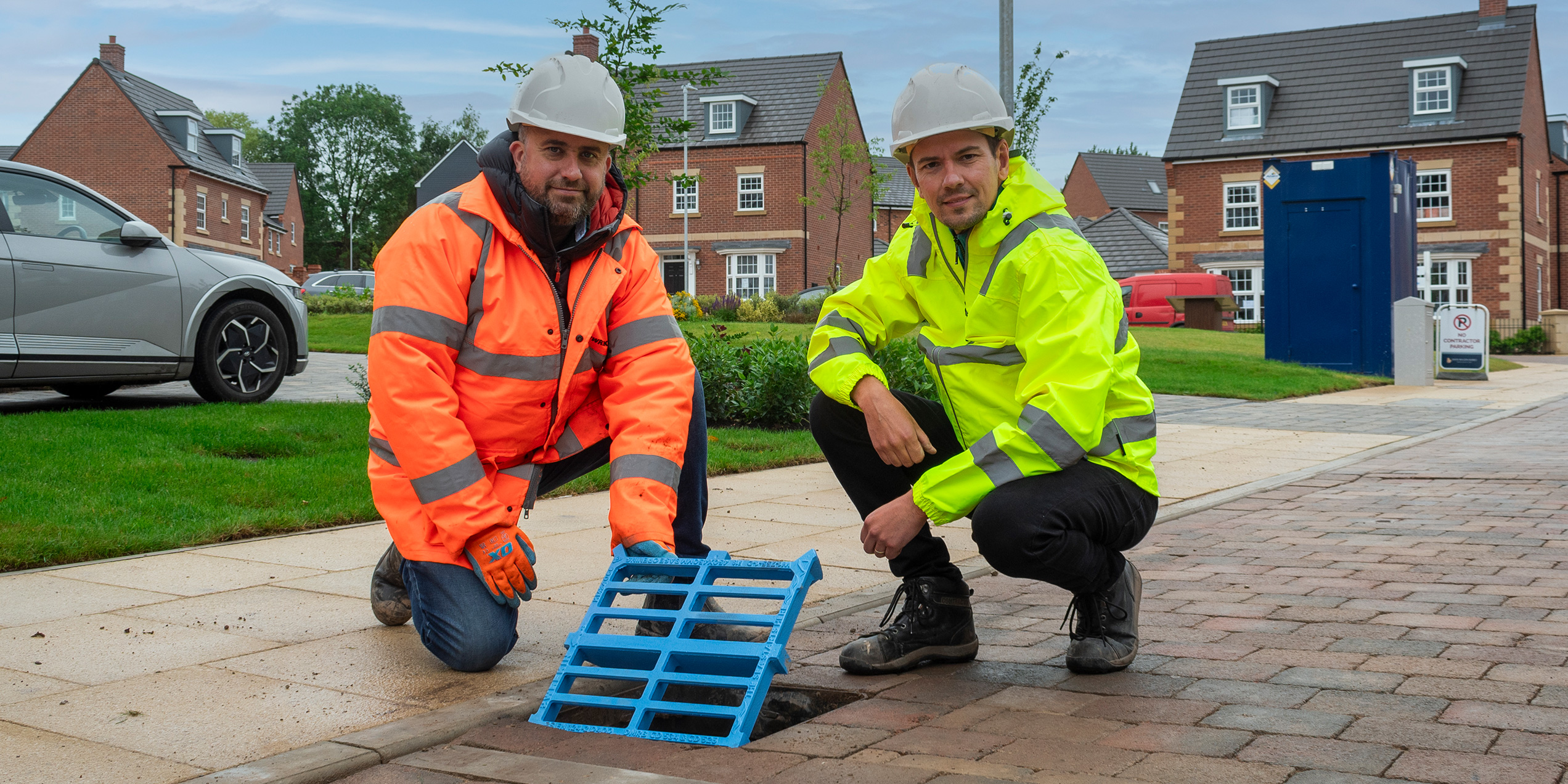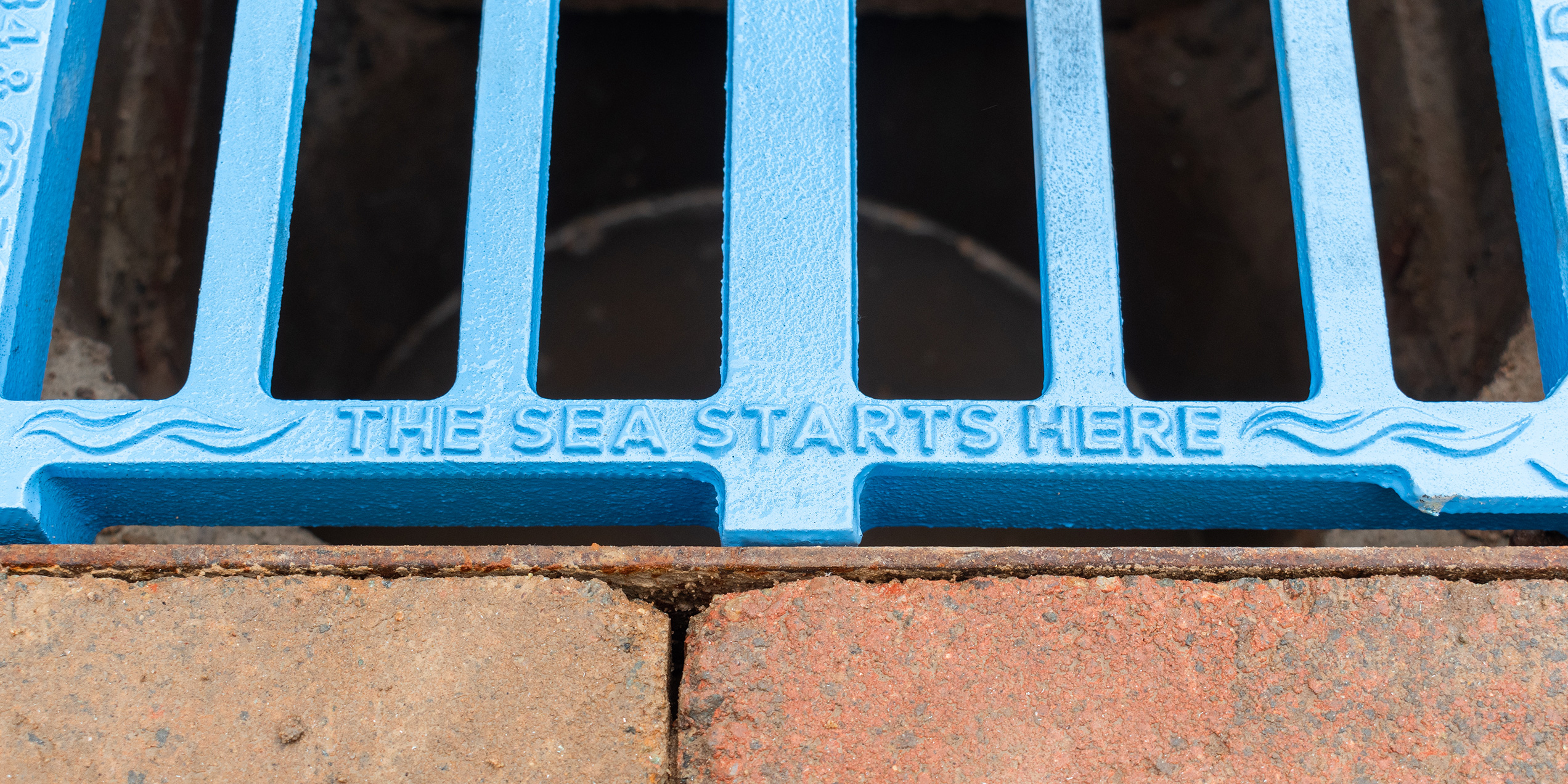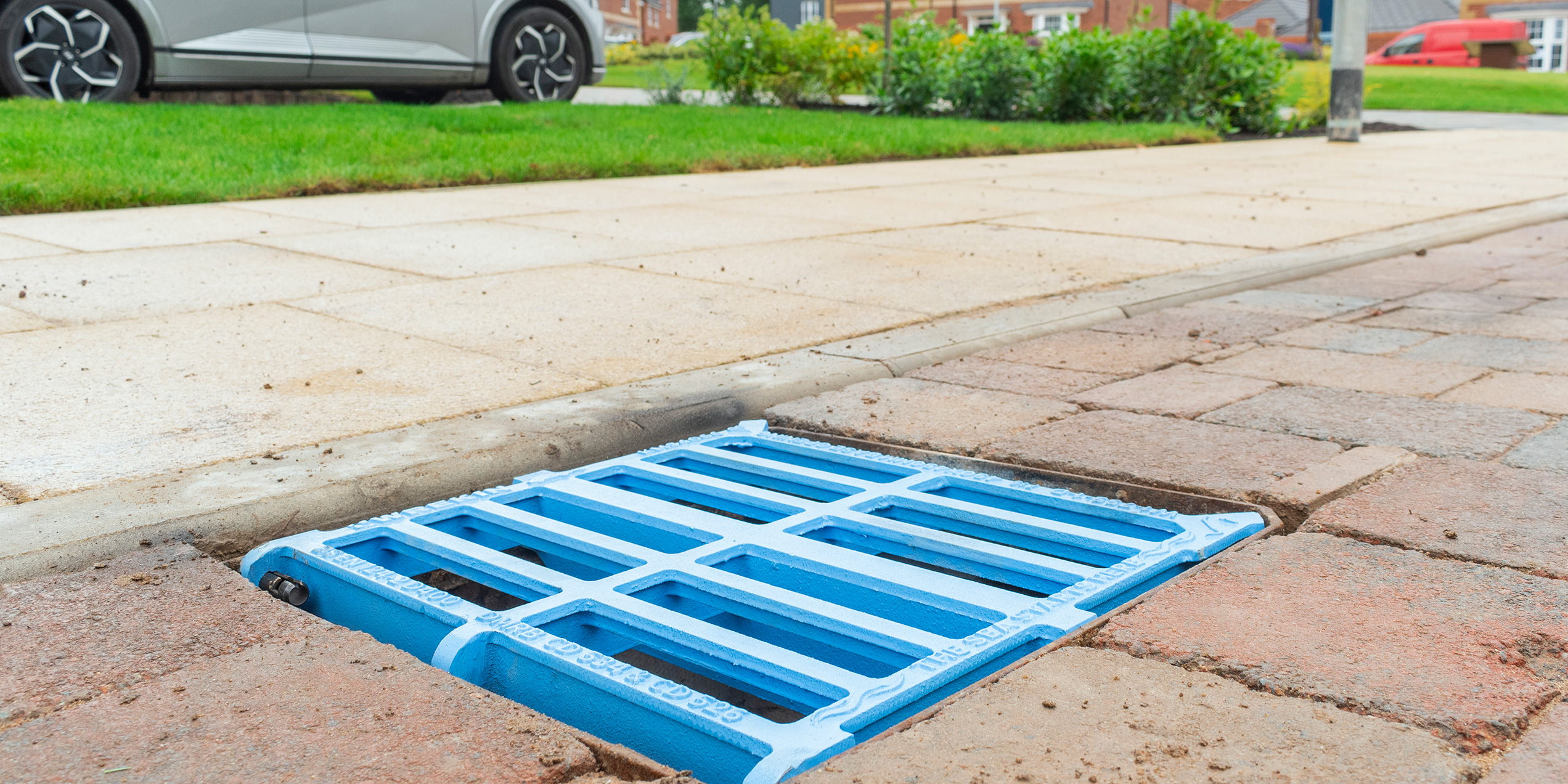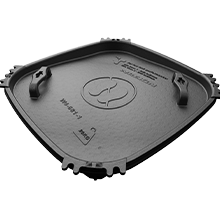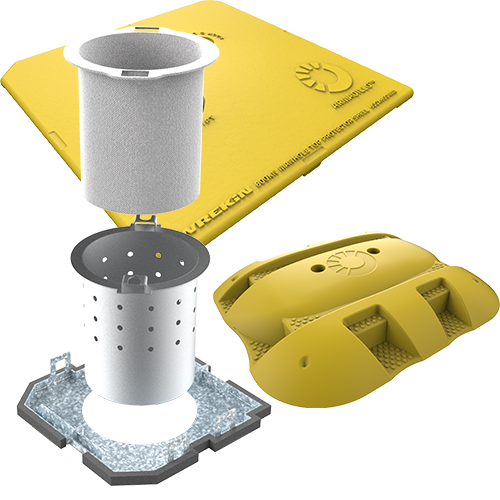|
CD 534: Chamber Tops and Gully Tops for Road Drainage and Services, now at version 0.2.0. is here Find out more
From sewage spills to the damage caused by discarded litter, debris, and harmful chemicals, the UK’s rivers are reported to be in worse condition than ever. A major challenge we can all contribute to is careless littering. Rubbish and waste thrown into roadside gutters and gullies often enter our watercourses and even out to sea. To help combat this issue, we're promoting the message ‘The Sea Starts Here’ on our best-selling Tristar gully grates. These products account for over 50,000 gully grating installations annually, ensuring the message is guaranteed to be seen for many years to come. We hope that this will raise awareness that the drains in the streets outside homes are only designed to take surface water away. We encourage you to join our campaign as we help to raise awareness about the need to tackle the nation’s pollution-blighted waterways through this new message, The Sea Starts Here®. 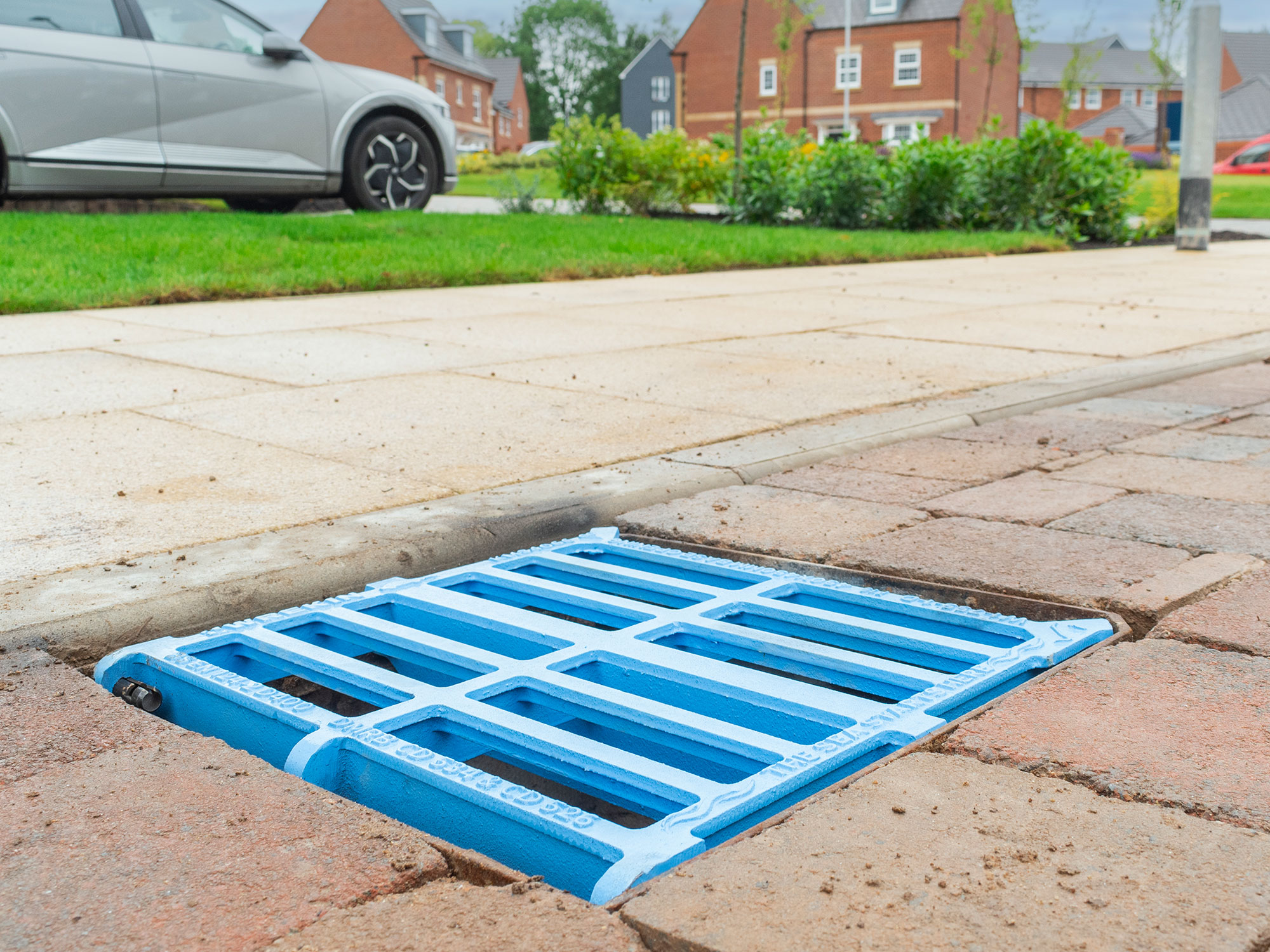
Blue gully gratings installed at Kings Park, Macclesfield to raise awarness

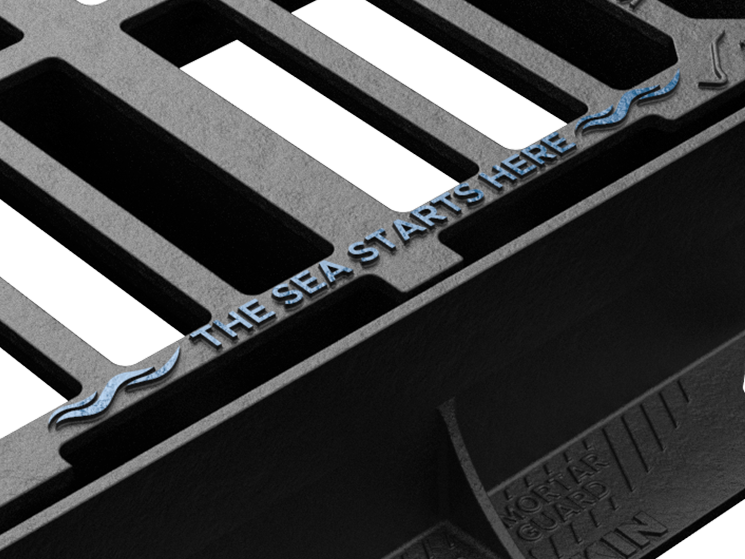
As the leading UK manufacturer of gully gratings, we are proud to create innovative solutions for housebuilders and groundworkers. Ironwork such as gully gratings are part of a system susceptible to pollution, highlighting the interconnectedness of local water systems and the importance of future water conservation. We are dedicated to bringing new products to market that can improve the situation regarding environmental issues facing the UK. Whether that be innovative products and solutions or simply raising awareness of the issues we face. We hope our ‘The Sea Starts Here’ campaign will go some way to increasing the awareness to a wider audience about, the interconnectedness of our infrastructure and the problems of water pollution and its effect on marine wildlife. These are important issues to us and our industry and we hope the message will resonate with people to help create lasting change. We're working with communities and partners, such as Canal & River Trust, to get The Sea Starts Here message out there. Take a look at what we've been doing. 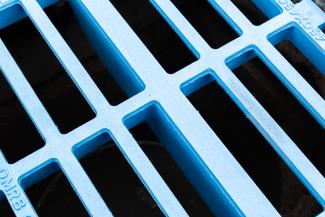
The widespread problem of water pollutionNot a single waterway in England was listed as being in good overall health, the Rivers Trust revealed in its 2024 report The State of Our Rivers. It describes how some forms of pollution are easily seen from the riverbank - litter such as plastic bottles, crisp packets, single-use vapes, and wet wipes. Other problems are caused by ‘grey wastewater’ - from sinks, baths and washing machines - from sewage overflows. Soil washed from fields can increase pollution by clogging streams and rivers and causing declines in fish and other species. 
The government’s Environmental Audit Committee reported in 2022 that a ‘chemical cocktail’ of sewage, agricultural waste, and plastic is polluting the waters of many of the country’s rivers. Cleaning up our rivers is important for public health and vital to protect wildlife, the report says. As the world experiences an extinction crisis, freshwater eco-systems are on the frontline. The build-up of excess nutrients like phosphorus and nitrogen from animal waste and sewage is reducing oxygen levels in rivers and in severe cases can kill fish. The report pointed to an overloaded sewerage system unable to cope with the increasing pressures of housing development and the impact of heavier rainfall. This while being clogged up with ‘a profusion of plastic and other non-biodegradable waste’. 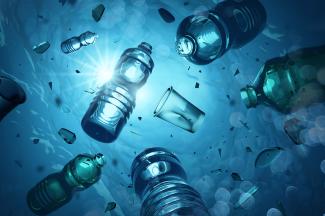
The problem with litter in our waterwaysRoadside gullies and storm drains are designed to collect rainwater from roads and pavements. Water flows down drains into underground pipes, sewer systems, and soakaways and can lead directly into an adjacent stream or river (referred to as a ‘watercourse’) or a roadside ditch. That means that any litter and waste discarded into them is swept along, too. 
Any litter, from cigarette butts to food packaging, can go down drains and enter the water system. It can cause blockages at the treatment works and end up in rivers or, eventually, the sea. In addition to litter, Keep Britain Tidy’s Local Environmental Quality Survey of England in 2019/20 found that 20% of sites surveyed failed to meet the acceptable standard for detritus. That is mud and grime found on our roads which, when it builds up, can lead to blocked drains and localised flooding. Surface waterSurface water or clean water drains should only carry uncontaminated rainwater. They lead directly to streams, rivers and soakaways. It is vital that harmful substances are prevented from entering surface drain water to prevent pollution Foul waterFoul water drains carry contaminated water, such as sewage and trade effluent, safely to a sewage treatment facility. Toilets, sinks, baths and appliances like washing machines should be connected to the wastewater drain How waste and rubbish can get into our water systems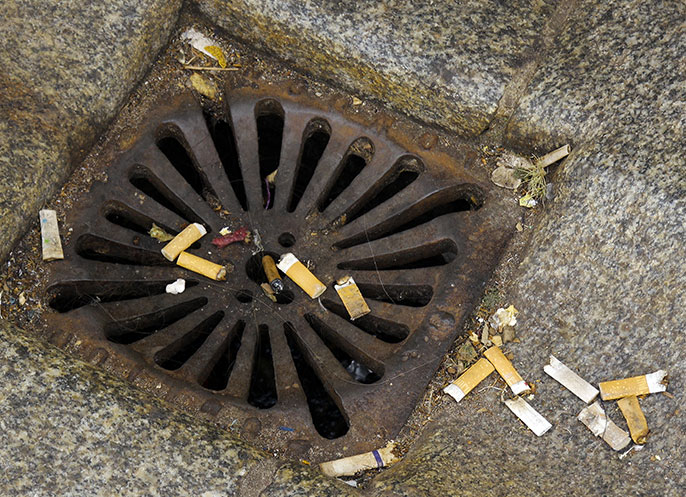
Cigarette butts are made of plastic and do not biodegrade. They are a form of toxic plastic pollution that leaks a chemical cocktail into soils and waterways. When cigarette butts are thrown into the street or down a drain, they slowly leach toxins into our natural water and soil systems. That is a serious threat to people, marine wildlife and the environment, says the Earth Day organisation. Despite only 12% of the population being regular smokers, Keep Britain Tidy says that cigarette butts make up 66% of all littered items. 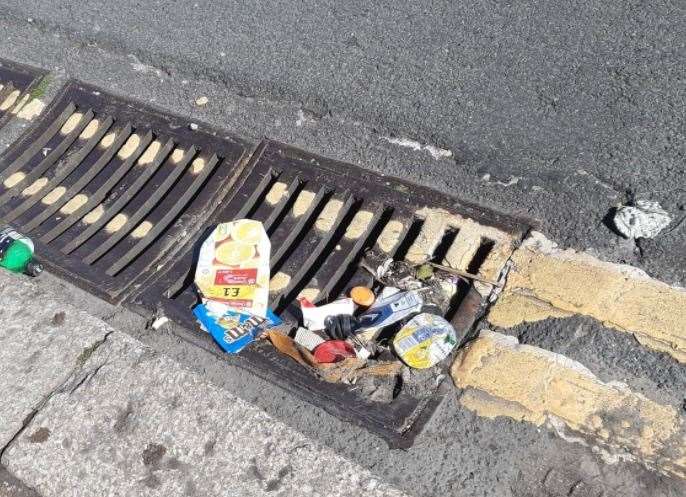
14 million pieces of plastic rubbish end up in our canals and rivers each year, says the Canal & River Trust. Around 500,000 pieces are carried into oceans. Vital waterside habitats are being damaged, leaving water voles, otters, and other endangered species exposed and vulnerable, the charity says. Wildlife is at risk of serious injury and suffocation. We can all help by carefully collecting any plastic we see and disposing of it safely and sustainably. 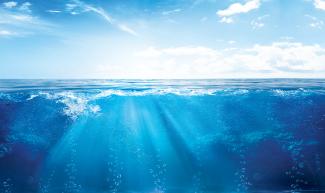
We're working to overcome this major challengeHow simple actions can help the environmentDo people consider where the waste that slips through our gullies ends up? Our new campaign aims to raise awareness of how we can all have a positive environmental impact on our rivers, lakes and seas. In collaboration with a long-standing housebuilding client, we have updated our best-selling Tristar gully gratings to include the simple message ‘The Sea Starts Here’. Over the past two years, these products have accounted for nearly 100,000 gully grating installations. Printed in blue on the grates, we hope the slogan will highlight the serious issue of water pollution to communities and the wider industry. We all have a role in taking care over what is washed into our gullies. We urge people to think twice before contributing to the litter and waste issues blighting our water networks. A challenge for our industryOne of the drainage solution sector’s priorities is to prevent water run-off contaminated with debris and litter from entering drains and going into the watercourse. A significant challenge for housebuilders and construction firms today is to ensure the environmentally safe disposal of waste from building sites, as they can face hefty fines for polluting the UK’s waterways. A further issue is the level of raw sewage discharged into our waterways through overflowing manhole covers and gully grates. Foul drains that leak or overflow allow untreated effluent to enter storm drains, ultimately polluting our rivers and seas. We support the Environment Agency’s work to ensure overflows are correctly controlled to prevent the damage caused. 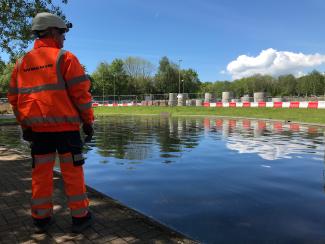
A brighter tomorrow£96 billion investmentThe UK’s water companies have submitted plans to Ofwat proposing to spend £96 billion between 2025 and 2030, an 88% increase on the previous five years. It will be the largest investment ever made by the industry, says Water UK. The plans include how companies propose to invest in improving water supply resilience and the environment, helping to make rivers and beaches cleaner, reducing leaks and supply interruptions, and tackling issues like storm overflows. Products including The Sea Starts Here message
More products that help the environment

Contact usWhether you are looking for live project support, or are in the initial stages of specification, we are always on hand and happy to help. | ||||||||||||||||||||||||||||||||||||||||||||||||||


